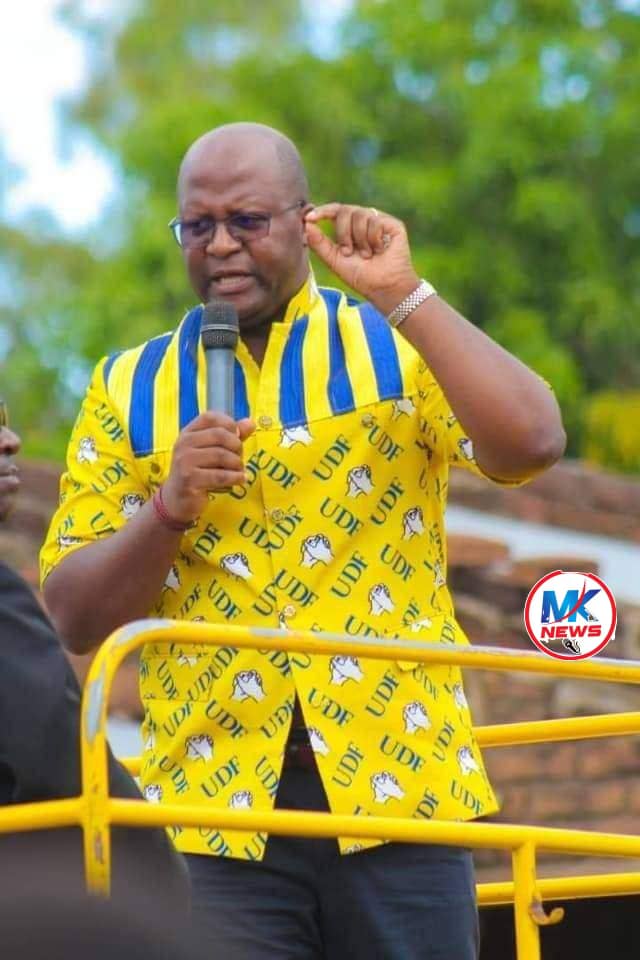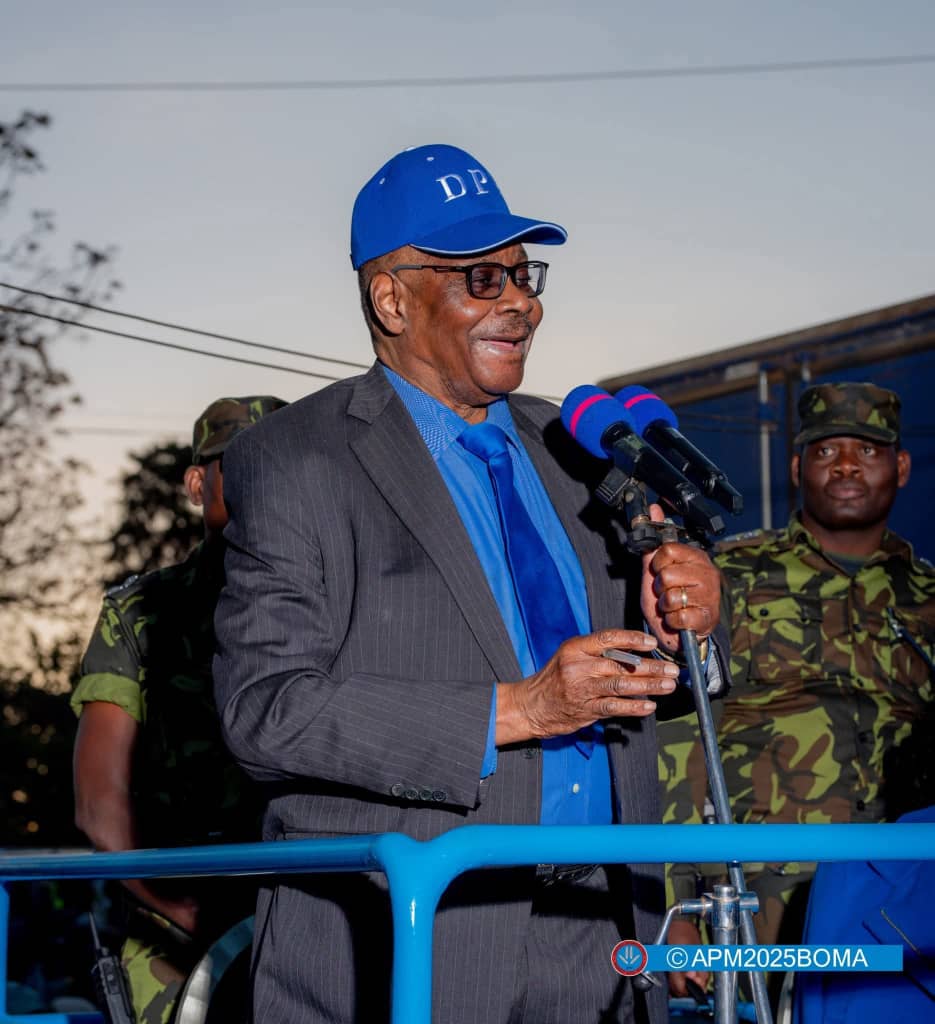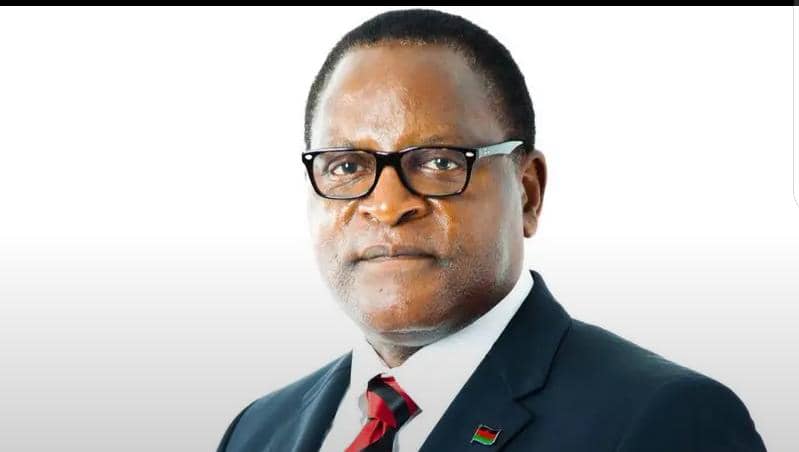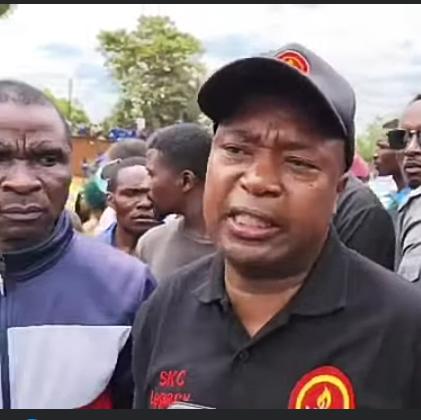By Burnett Munthali
In recent weeks, the Malawi Electoral Commission (MEC) has faced increasing scrutiny regarding various operational issues, particularly related to its staff recruitment processes and voter registration. These concerns have raised questions about the integrity of the electoral process, prompting discussions among political parties, especially the United Democratic Front (UDF).
During a recent press briefing, UDF officials seemed hesitant to address these pressing issues, leading to frustration among party supporters. Many are questioning whether the party leadership is turning a blind eye to the alarming developments within the MEC. As one observer noted, “Are we saying UDF cannot see the glaring issues that warrant addressing them in a public forum?”
The UDF, under the leadership of Atupele Muluzi, is at a critical juncture. The party is grappling with internal and external pressures, especially concerning its potential electoral alliances. There is a growing sentiment among some UDF members that the party’s leadership, influenced by Atupele and his father, former President Bakili Muluzi, has been too accommodating towards the ruling Malawi Congress Party (MCP). Critics argue that this alliance is problematic, given the MCP’s controversial history and allegations of violence associated with its tenure.
The reluctance of UDF leaders to take a firm stand against the MEC’s issues and their cautious approach to forming alliances has led to a leadership crisis within the party. Members are divided on whether to maintain their current course or to reassess their political strategy in light of the electoral climate and the growing distrust in the electoral commission.
As the country approaches the next elections, the UDF must navigate these challenges carefully. The party’s ability to articulate a clear and transparent stance on MEC’s operations, coupled with a coherent electoral strategy, will be crucial for its survival and relevance in Malawian politics. The crossroads at which the UDF stands may very well determine its fate in the upcoming elections, as voters increasingly demand accountability and integrity from their political leaders.
The UDF’s leadership must recognize that in the face of mounting challenges, transparency and principled stances on electoral integrity could be key to regaining the trust of the electorate. Failure to address these issues head-on may not only jeopardize the party’s future but also further entrench public cynicism toward the political process in Malawi.




